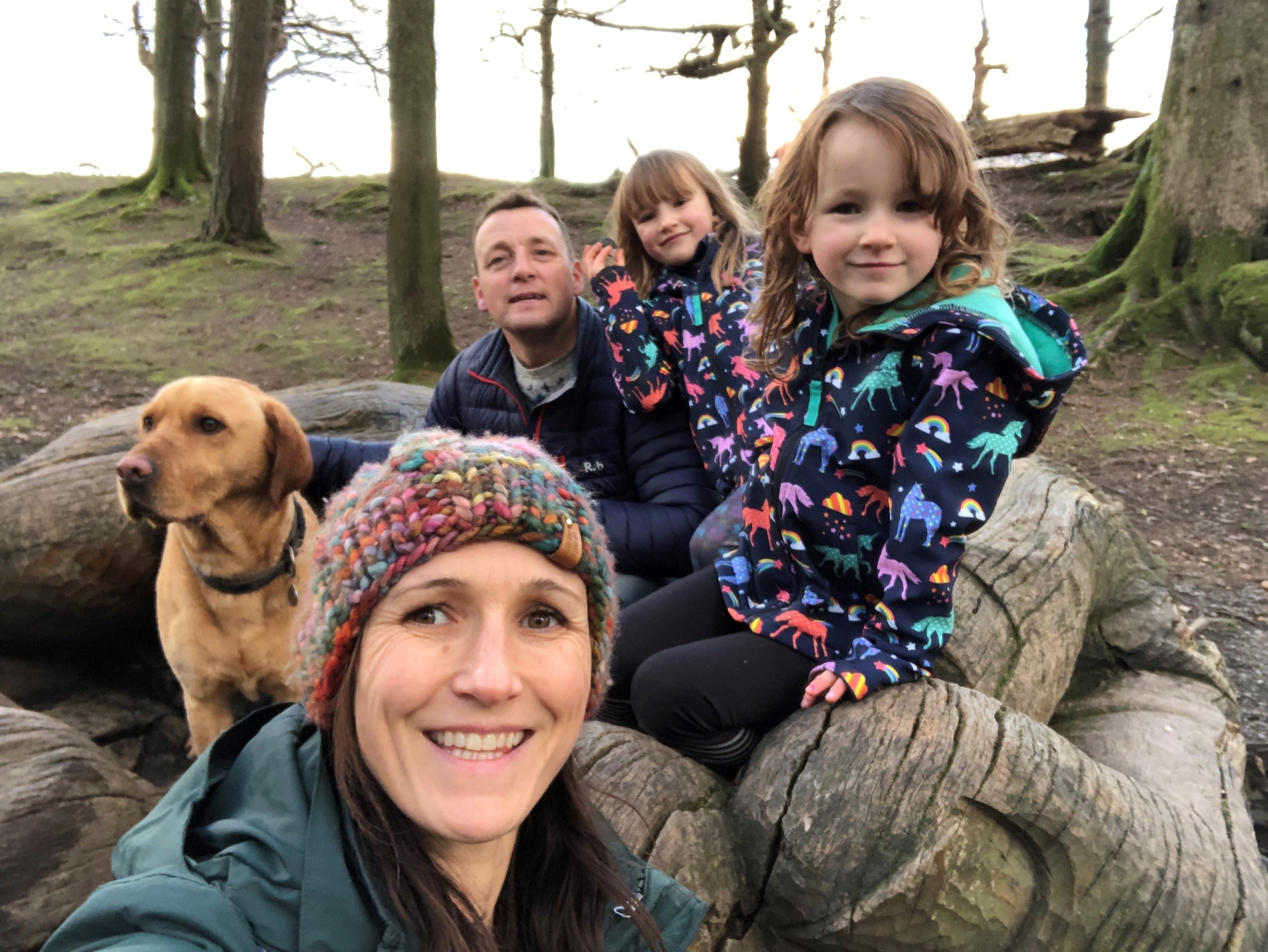This Mental Health Awareness Week, Liz Barton Editor of Veterinary Woman and co-founder of WellVet explores the mental health impact of parenting in a pandemic.

Whether it’s having to home-school or missing out on perinatal classes, the impact of Covid on parenthood has been significant. Not only for ourselves, but also the concerns over the present and potential downstream effects on our kids. The sense of parental responsibility to meet their varied needs and mitigate the impact of lockdowns and social distancing was – and still is – a heavy burden to bear.
Add this to the fact the mental health of the nation – indeed globally – has been under incredible strain over the past year. Several studies have shown this to be greater for women than men, which is thought in part to relate to the greater proportion of childcare undertaken. The incidence of anxiety increased, and sleeping and eating patterns have been disturbed. I can relate to this – my sleep patterns have been all over the place as I shoe-horned work into the early and late hours around home-school. Also, my jelly sweet consumption had never been higher!
A huge strain on caregivers
I’m not taking away anything from those without caring responsibilities – this past year has not been easy for any of us. However, the pandemic placed a huge strain on those with looking after old and young. Having childcare provision suddenly withdrawn has resulted in inability to work, especially for single parent families. Discussions in the Vet Mums Facebook group have shown the considerable variation in how these challenges have been met. The debate over veterinary keyworker status for childcare led to uncertainty, and the agreement for this on the part of schools and nurseries was variable.
This increased the likelihood – and indeed desire in many cases – of furlough. While furlough may provide relief in the short term, the negative impacts of reduced income and absence of the self-esteem and social benefits of work build over time. Where furlough has not been agreed by employers, parents reported taking holiday, unpaid leave or finding no other option other than to utilise childcare outside of the lockdown recommendations.
“It was the most horrible, repetitive, lonely situation to be in.”
While at home, having to entertain as well as educate our children has resulted in huge pressure, particularly while trying to work from home. Not only did we find it a struggle to get through the set work while maintaining sanity, once their work was done there was simply no time for fun activities as I had to catch up on work. Hence copious amounts of screen-time with lashings of parental guilt, especially in the most recent lockdown during the dark, cold winter months. I was mortified when my kids returned to school after lockdown 1.0 to be told they had slipped back and required extra tuition. I felt like I’d failed them. Plus, I was having to turn down locum work – feeling like I was letting people down and taking the financial hit.
For those with younger children the challenges were different, but no less impactful. The pre- and post-natal period is a notorious period of hormonal fluctuation and life-changing upheaval. To experience this in relative isolation, without the peer support of baby groups and friendships made during perinatal classes, many new parents had to face this period alone. As one Vet Mums member put it: “It was the most horrible, repetitive, lonely situation to be in.”
I would counsel anyone struggling to reach out and find connection with others.
Those with older, teenage children had the worry of supporting the mental, physical and social health at such a challenging time of life. Stripped of socialising, sports clubs and metaphorically chained to laptops for school work during the week, it’s been incredibly tough for teenagers. Add in the uncertainty around exams and you’re facing a real challenge to wellbeing on many fronts. As parents, we feel the responsibility to support their wellbeing in addition to our own. It’s a huge burden.
On the plus side, we’ve seen some great support initiatives to help parents through the challenges. Through the Vet Mums Facebook group, we ran ‘Home-Not-School’ sessions, inviting people from across the industry to share their wisdom and ideas on everything from bugs to baking, and crafts to singing. WhatsApp groups were arranged for women expecting babies at a similar time, and breast-feeding support Zoom meetings became a regular feature. Baby classes including Sing and Sign and perinatal yoga were hosted. We ran these sessions with the generous support of sponsors, and were able to donate £500 each to both Vetlife and Medicins Sans Frontiers’s Maternity Emergency campaign.
Whether it’s local, virtual and veterinary or non-veterinary, there has been a huge outpouring of shared humanity in the face of the challenges Covid has created. There can be a tremendous solidarity and fellowship in hardship. I would counsel anyone struggling to reach out and find connection with others.
We all need to focus on the positives of what we have learned and which can help us throughout life – the resilience of our children, how to prioritise what’s important and what’s urgent, how to lower our expectations and to live day-by-day with uncertainty, and how to find joy in the simple things. It’s less about the light at the end of the tunnel, but more about points of light along the way, which can sustain us now and in the future.


